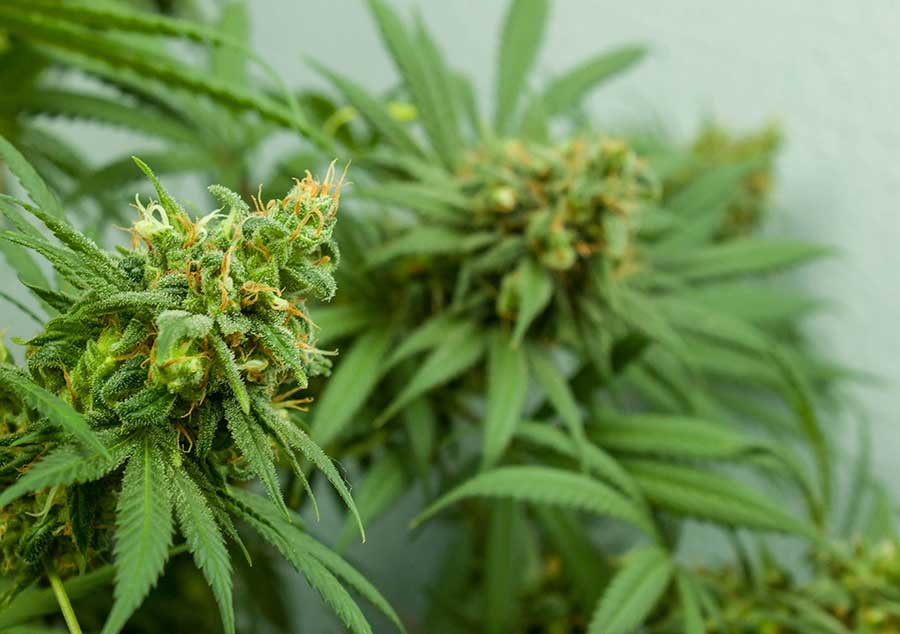
Thailand legislation making cannabis blossoms a restricted herb
Cannabis blossoms, which contain more tetrahydrocannabinol (THC) than other parts of the plant, have been classed as a controlled herb under a new ministerial rule signed by Public Health Minister Anutin Charnvirakul and will become effective following publication in the Royal Gazette.
The minister declared yesterday (June 15th, 2022) that regulating cannabis flowers will help alleviate concerns about their recreational usage.
According to Anutin, the new legislation clearly states that anyone who can obtain the banned herb must be over the age of 20, and that pregnant and breast-feeding women are prohibited from doing so. Patients who have been prescribed cannabis may possess it for no longer than 30 days.
The Thai Traditional and Alternative Medicine Department proposed classifying cannabis flowers as a controlled herb as a temporary solution to limit abuse while the Cannabis and Hemp Bill awaits approval in parliament after passing its first reading in the Lower House.
According to the UN Office on Drugs and Crime, THC content varies from 10-12 percent in the flowers and surrounding leaves to 1-2 percent in the leaves, 0.1-0.3 percent in the stalks, and less than 0.03 percent in the roots.
Cannabis products are classified into three categories: herb, resin (hashish), and oil. Cannabis herb is made up of dried or crushed flower heads and leaves and contains up to 5% THC, however cannabis oil is the most potent form of cannabis and is made up of concentrated resin and can contain up to 60% THC.
While stressing that the goal of cannabis and hemp decriminalisation is for medical and economic reasons, he stated that the problem with the two plants originates from abuse or unneeded usage beyond safe limits.
The Thai Food and Drug Administration (TFDA) is presently accepting applications for cannabis and hemp growing. By yesterday, 840,857 persons had registered, and 815,172 certificates had been provided electronically. Since June 9th, more than 38 million people have accessed the TFDA’s website and application platform.
